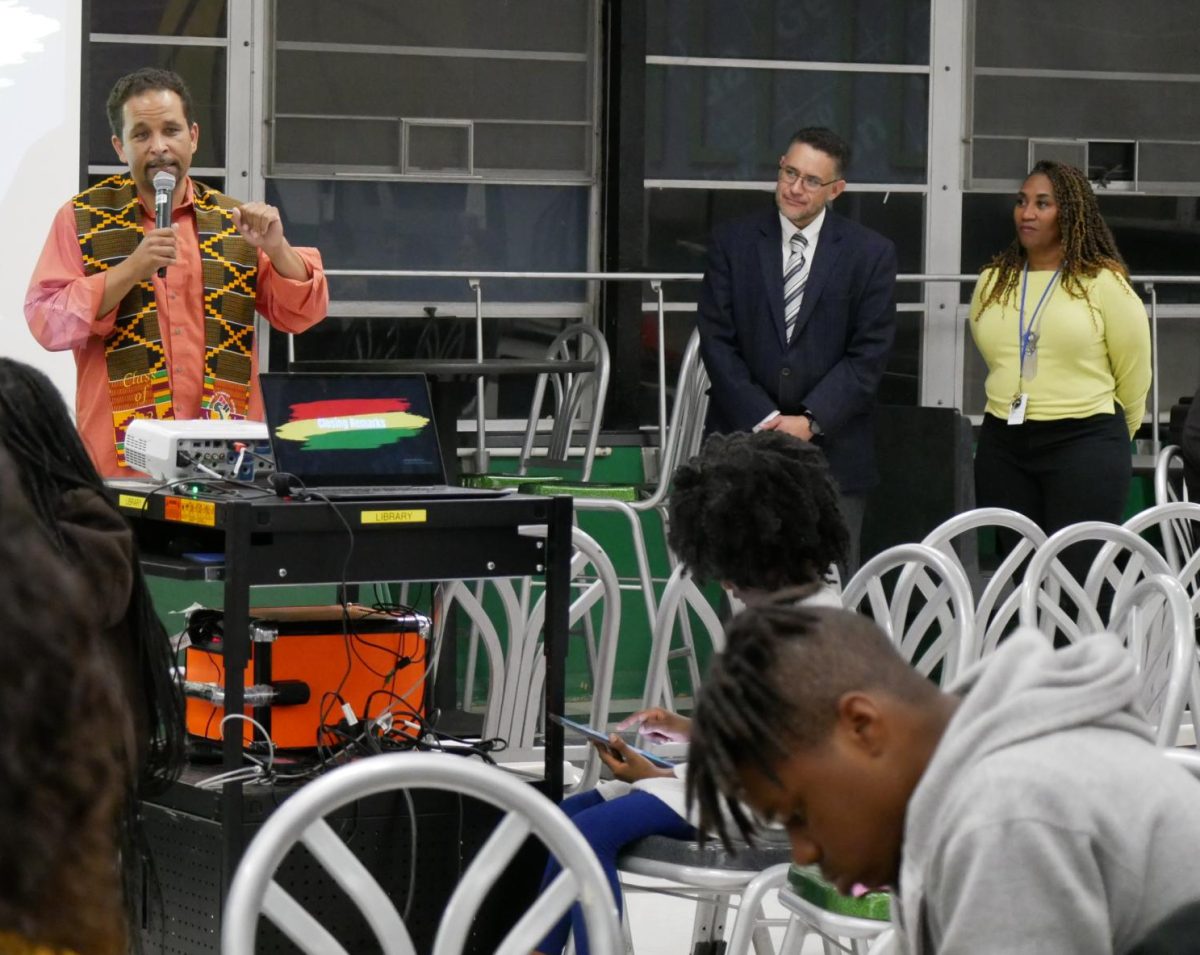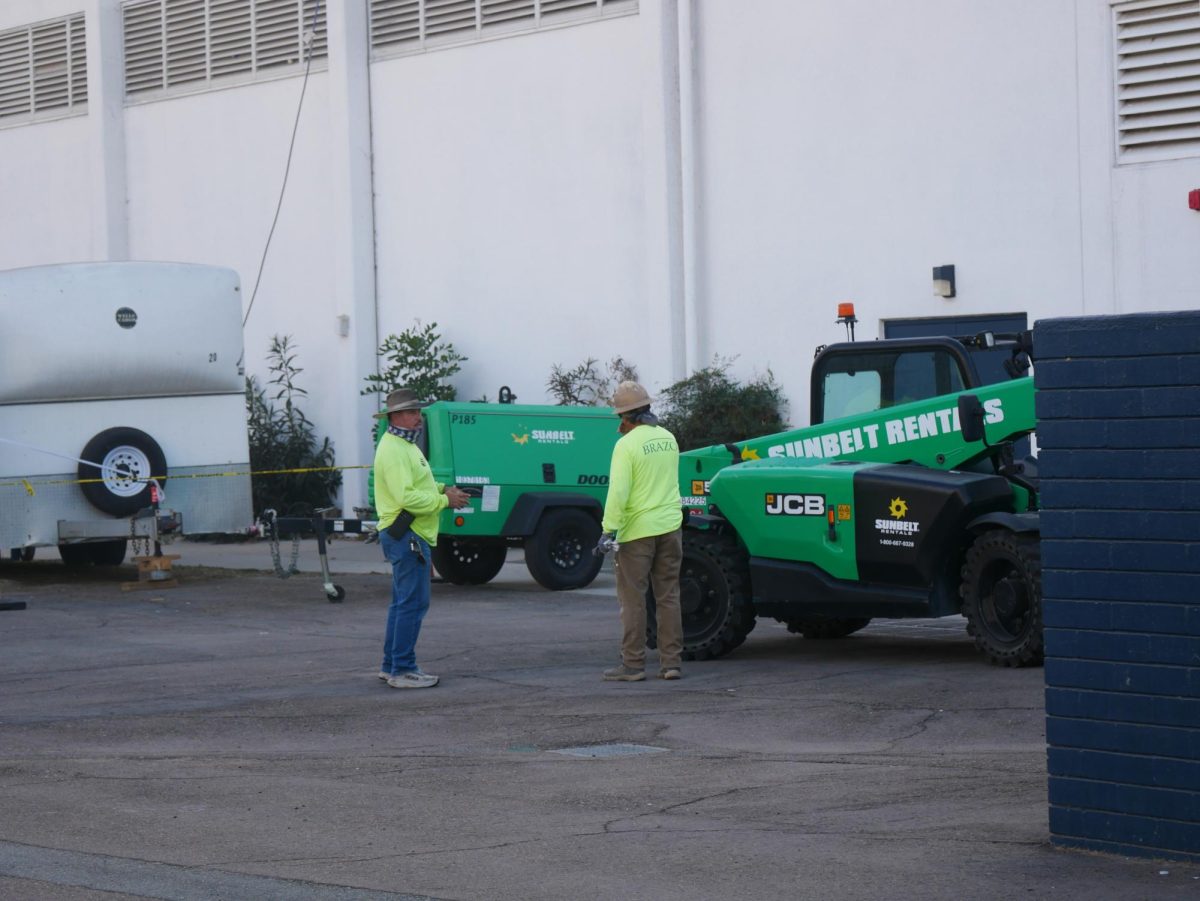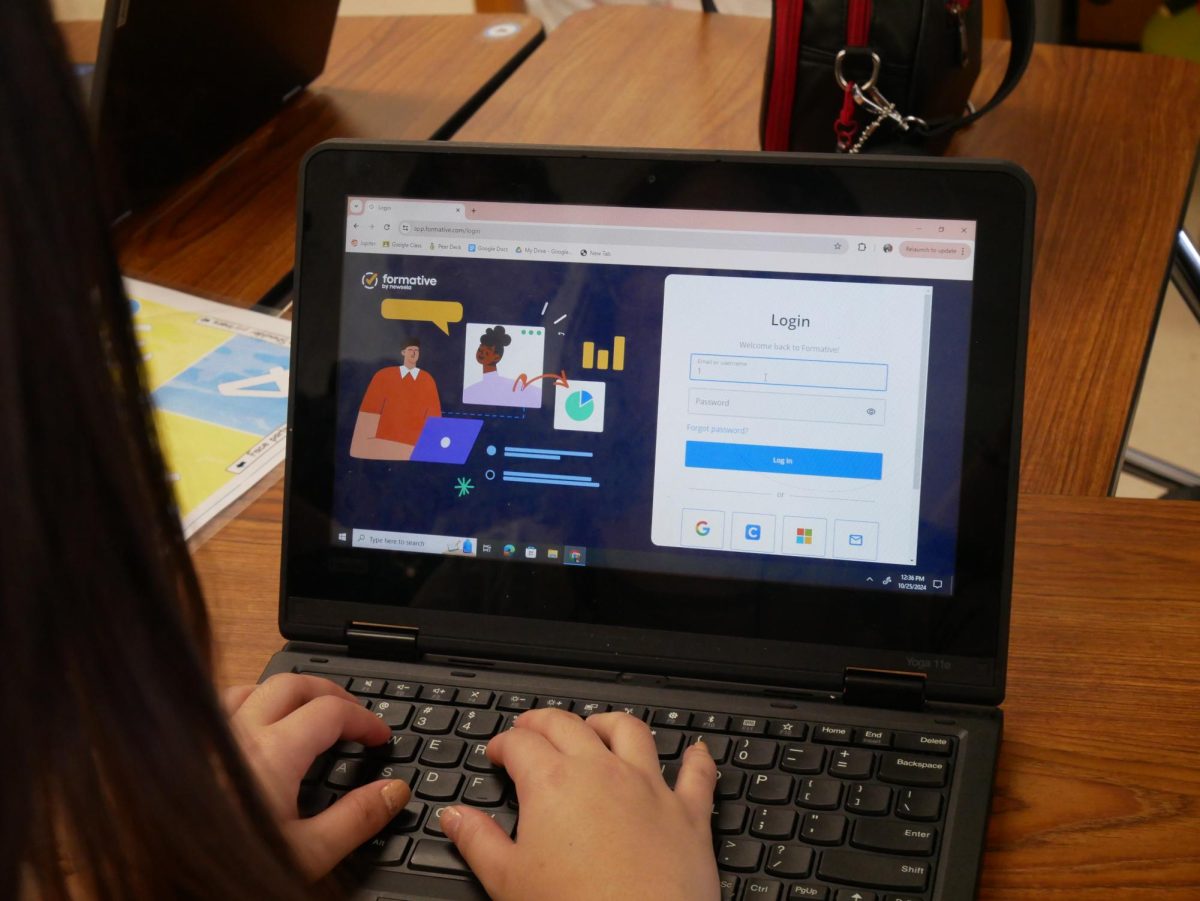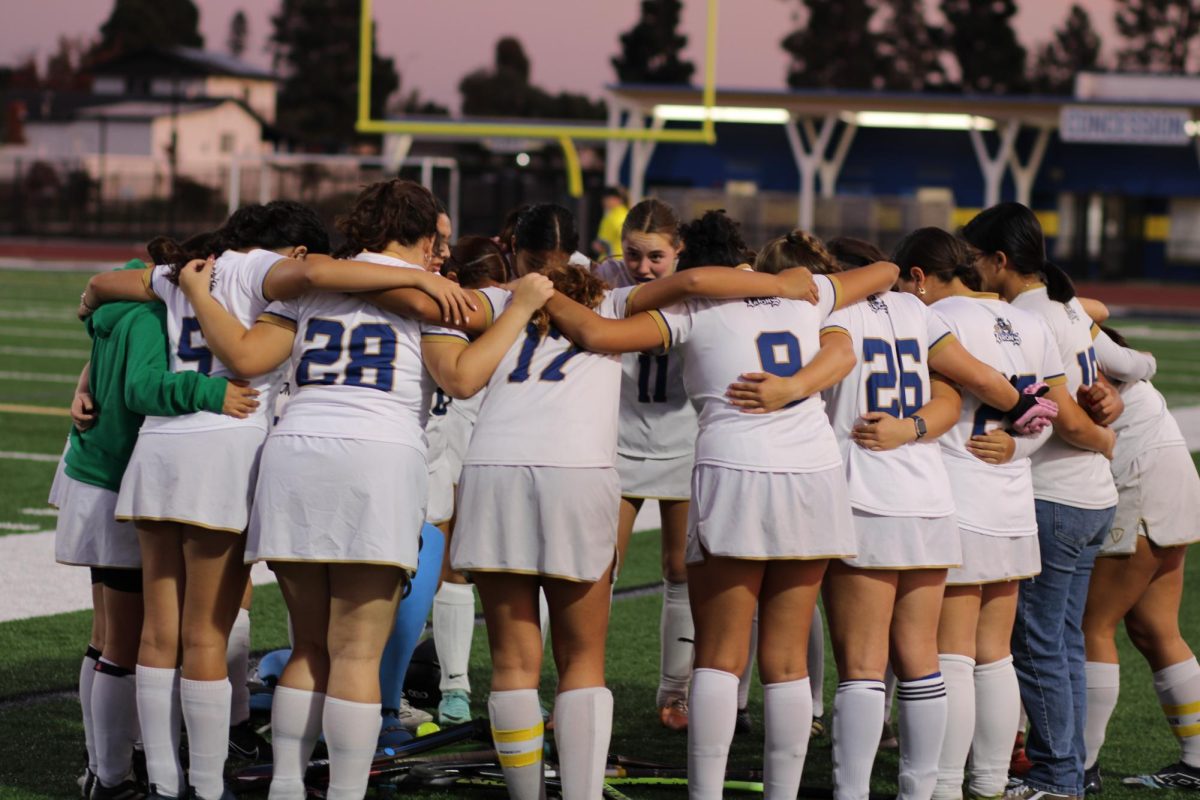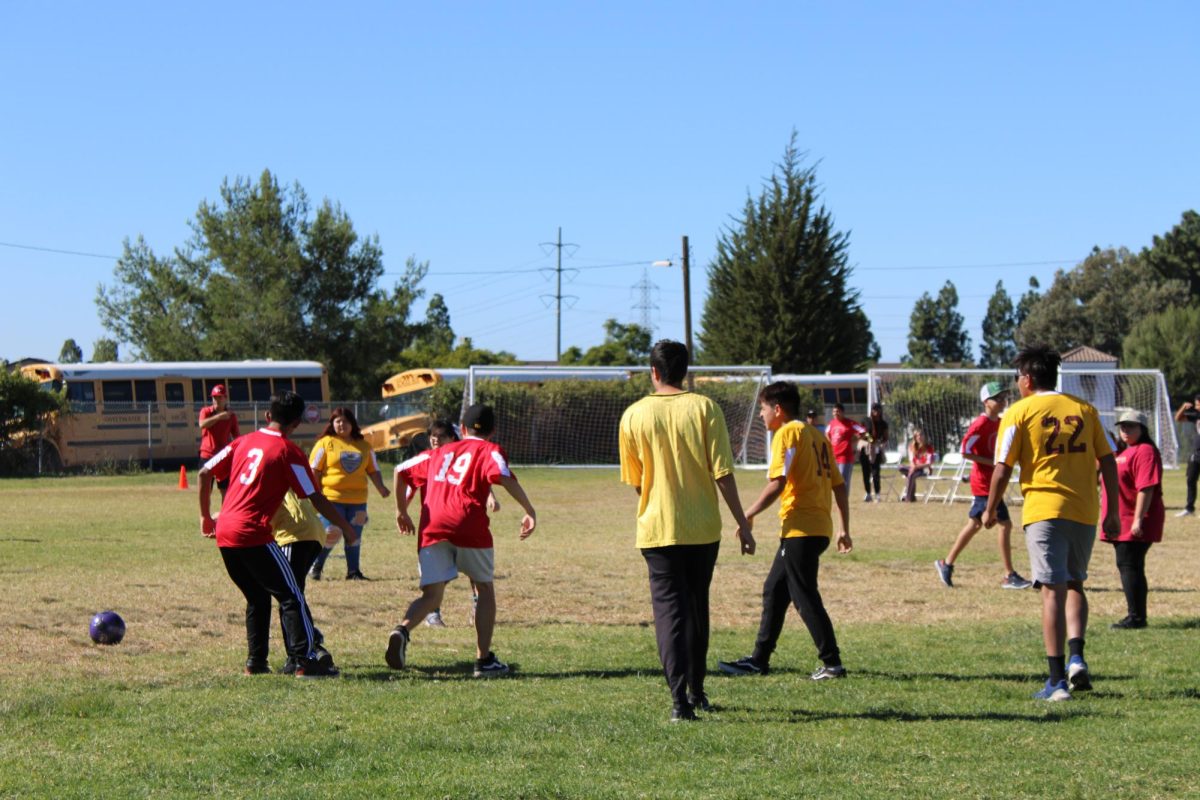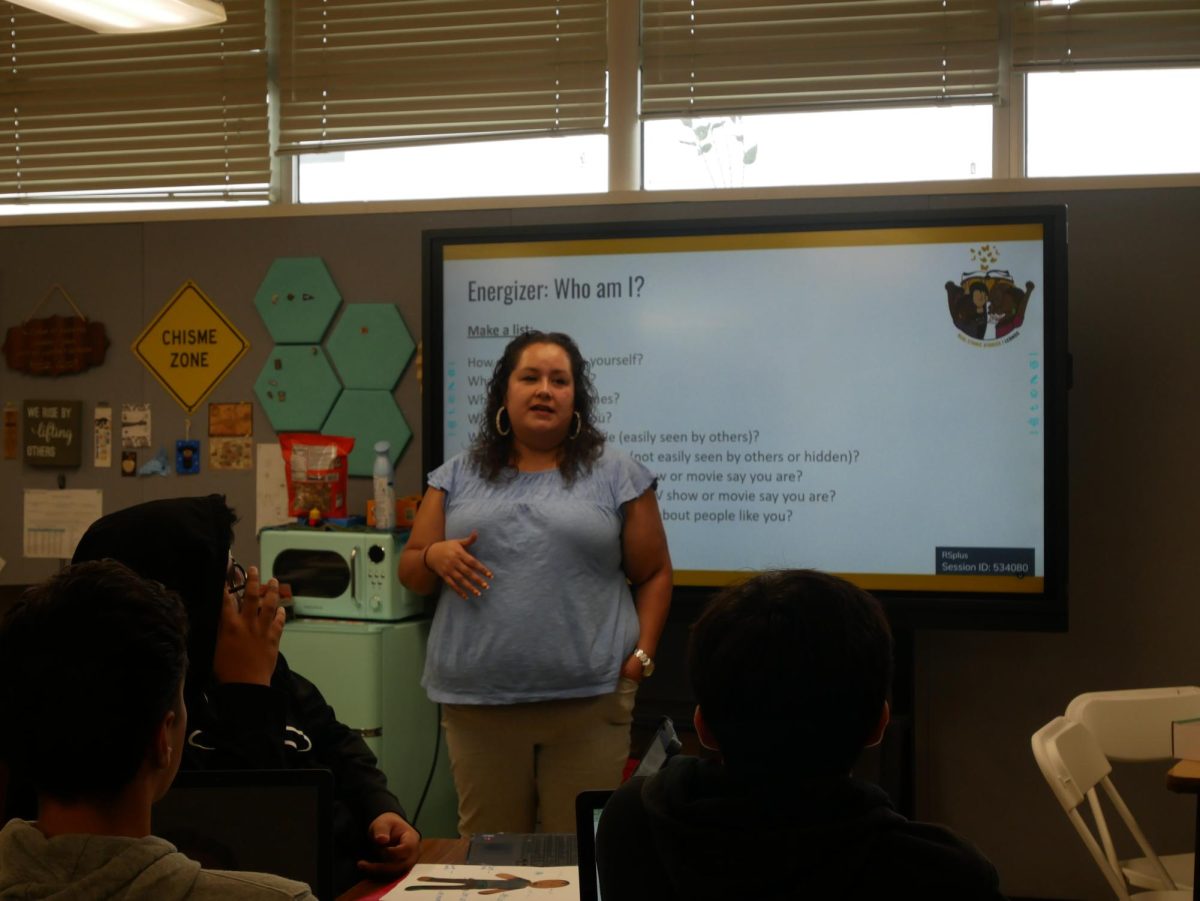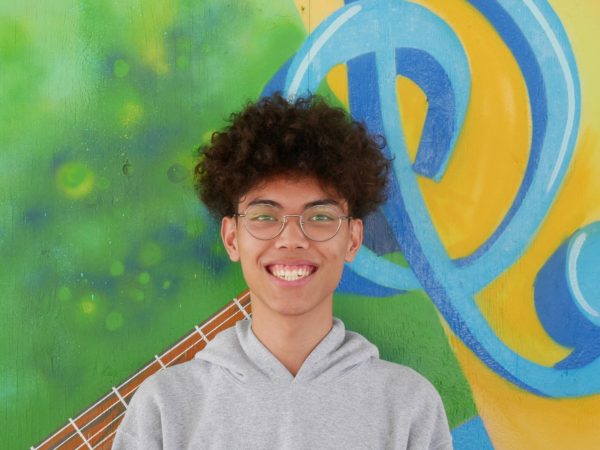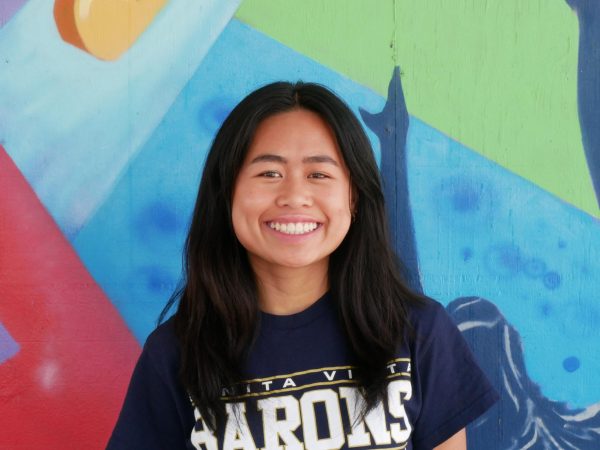On Nov. 8, the Sweetwater Union High School District’s (SUHSD) Black Student Union (BSU) held an event known as “Black Talk” at Hilltop High School where all SUHSD middle or high school students and parents had the opportunity to speak out about their experiences of being an African American student in present-day, contemporary society.
Within SUHSD, there are around 2,300 African American students spread out among 26 schools, including Bonita Vista High (BVH). However, Mar Vista Academy principal and BSU elder—district staff members that bring support to BSU students and African American individuals—Sasha Scott believes that even despite this low representation, there are numerous support opportunities available.
“It is a small number, and when you start spreading it out across 26 schools, it gets even smaller. The key components I hope that the [Black Talk attendees] took away today was that we have the support available in our district for our African American students,” Scott said.
During the meeting, the BSU elders discussed the history of BSU and moderated breakout sessions where students and adults were able to engage in face to face conversations with each other and share their experiences. Assistant Principal of Alternative Education and BSU elder Moena Santee elaborates more on how Black Talk came to fruition.
“This came out of students asking for a safe space to talk to administrators, teachers and the community about issues that affect black students. Tonight was just about them being able to hear, to talk about the things that are bothering them, to talk about concerns they may have in their schools, and just a safe space for them to bring up issues,” Santee said.
The activity that consumed the majority of the meeting consisted of breakout groups where attendees were divided into small groups and discussed questions provided by the BSU. These questions were intended to create discussion amongst students about experiences they have had at school, outside of school or just general situations they have been in.
“The purpose of the groups was to match students from different schools to see if they had shared similar or different experiences. We wanted students to be able to compare what is going on, good or positive, and what is happening negatively at their schools,” Santee said.
Many issues were discussed and shared by students during the meeting, most prevalent of them being the use of the n-word. United States History, Advanced Placement African American studies and BVH’s BSU advisor Don Dumas believes that this issue is a recurring problem and needs to be addressed.
“I think on a more local and personal level for the students in our district, hearing the n-word and other hate speech used so freely, it is still a massive problem. I think we heard some students talk about that today. So we are going to try to solve our problems locally, and then build out from there,” Dumas said.
Scott shares similar views with Dumas and believes that one of the primary reasons the BSU elders wanted to hold this meeting was to educate individuals on the historical roots behind the n-word and how detrimental it can be.
“One of the biggest things that came across [during the meeting] is the use of the n-word by non-black students and black students alike. Sometimes, students use it and do not see or understand the meaning and how hurtful it can be. So really, it is about educating not only our students, but also our staff to understand the roots of that word and how that can affect people, and get people to stop using that word,” Scott said.
Another issue that was addressed was the alienating feeling many students feel due to the low amount of representation. Olympian High School Assistant Principal for Student Activities and BSU elder Sesha Haynes expands on the sentiments of the students, sharing her experience during high school and her feelings of not being able to fit in.
“I think it is really important for students to see other students that look like them. I went to Helix High School back in the day and it was a very small black community. I was the only black person in many of my classes, so it did feel sometimes weird and awkward,” Haynes said. “I feel like I did not get to find a part of myself until college when I was able to join a BSU. I think this is really important because I understand students who sometimes can feel like they are the only one.”
As a result of the low representation and small population of African-American students, many students feel that they have no one to turn to to discuss the problems they are dealing with, something that Dumas provides further insight on.
“I think it can be alienating sometimes to be black in this district because most of the time, you are the only black person in your class, you might have very few black people in your friend group,” Dumas said. “With some of the micro and macro aggressions that you deal with, sometimes you feel like you have to handle all those things by yourself and you do not have anyone to talk to.”
BVH BSU president and senior Braylon Jenkins believes that events like these should be more prevalent in the community due to the fact that many cultures can interact with each other. This meeting specifically gave African-American students the chance to engage in conversations with each other, something that Jenkins wants to see more of.
“I feel like events like these are more important than everyday interactions because it is a melting pot of different cultures, different experiences. Other cultures and other people as well should host events like this just to get an understanding of where their communities are,” Jenkins said.
This meeting was eye-opening for a lot of students like Jenkins. He expresses his hopes that the students and adults who attended the event feel motivated and noticed, knowing that there are people in their community willing to help and support them.
“I really hope students feel empowered when they leave this event, I really hope they do feel like they have a voice in the black community,” Jenkins said.
As a mother of two boys, Scott also believes that these kinds of events are necessary for the growth of under-represented communities who feel a lack of support. Through Black Talk, she wants students and adults alike to know that support is everywhere, even in places you would not expect it.
“When I was growing up, I did not have anything like this. I want to be able to create an environment for them [my children] to grow up and feel supported and be proud of who they are and their skin color,” Scott said, “We are valued. People see me, hear me and they are here to support me. That is what I want our students to feel.”

